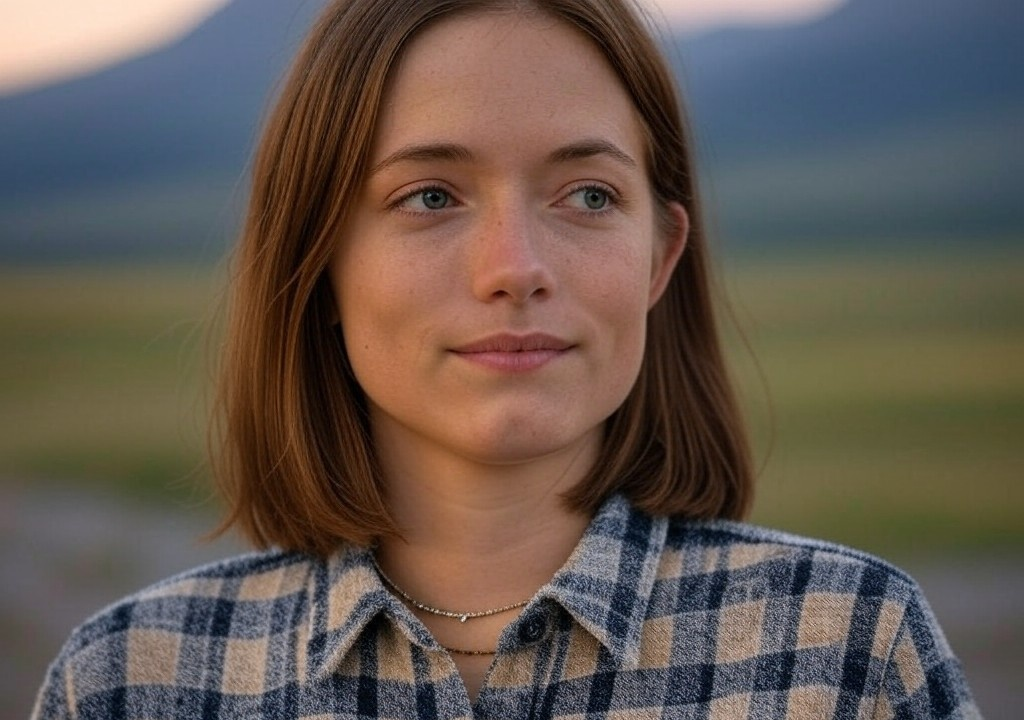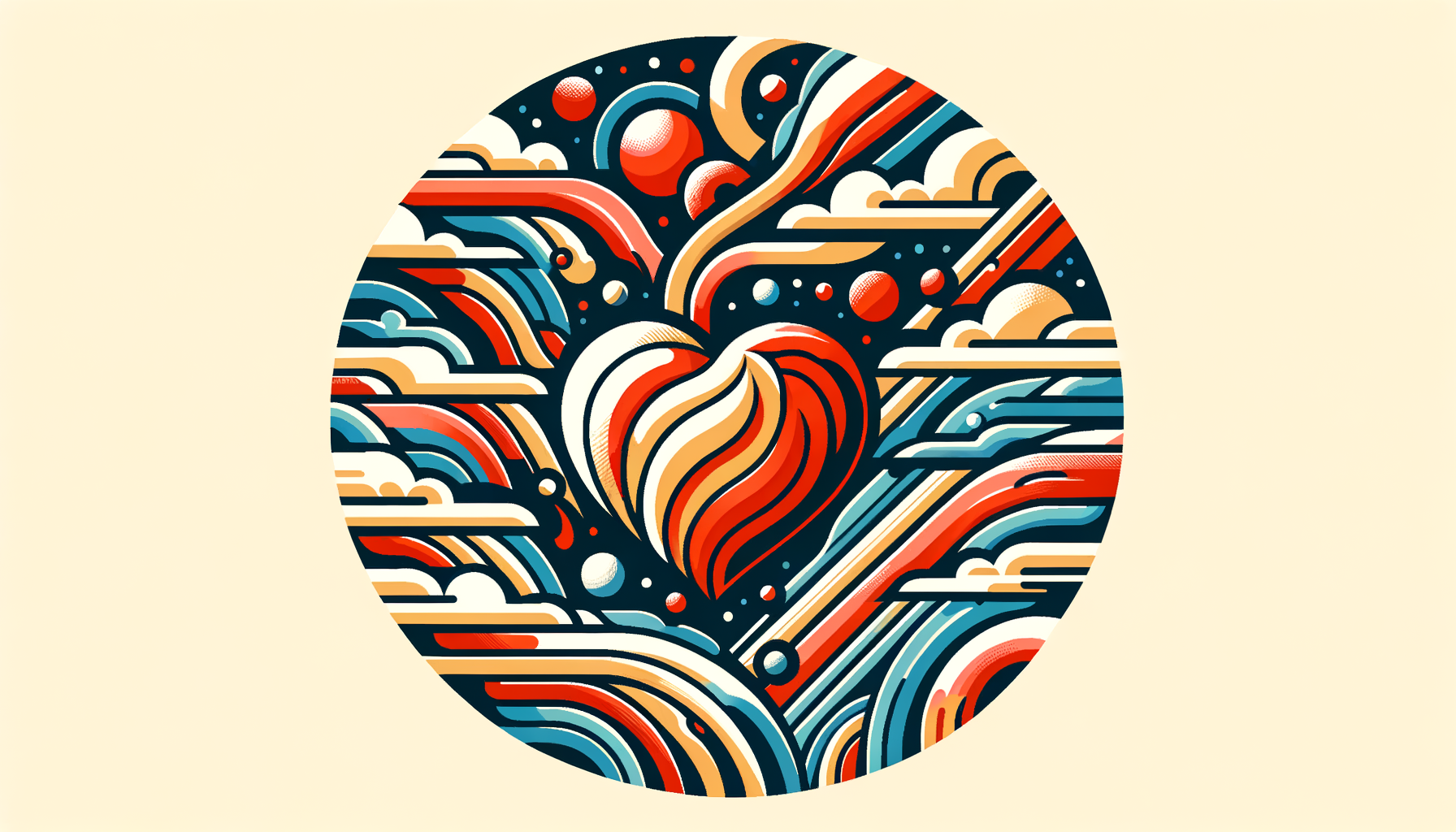Growing up in Montana, learning to ride a horse felt less like a hobby and more like a birthright. By the time I was ten, I could saddle up in under five minutes, rain or shine, and trot side by side with my dad while he imparted the finer points of ranch life. You’d think this upbringing would have made me fearless—or at least fear-resistant—but nope, it turns out even wide-open spaces can’t save you from certain anxieties.
My lifelong fear? Emotional vulnerability. Not snakes, not heights, not parallel parking in downtown Bozeman (although that’s no picnic either). Nope, what churned my stomach every time was the idea of letting my guard down with someone. You’d think someone who can clean a stall and stare down a stubborn horse could handle a late-night, heart-to-heart conversation. But that, my friends, felt as foreign to me as a subway map.
How It Started: Open Plains, Closed Heart
Maybe it was the culture I grew up in—the quiet stoicism of ranch life—or maybe I just consumed too many Marlboro Man-esque role models as a kid. Either way, the mantra was always the same: keep your chin up and your cards close to your chest. Showing your feelings? That was as taboo as wearing white boots to a muddy paddock.
Even in relationships, I could be warm and generous, sure—but only up to a point. I’d listen intently to my partner, offer thoughtful advice, and maybe cook them a mean huckleberry cobbler to show I cared. But when the tables turned, and it was my turn to open up? Cue the sound of my boots squeaking as I sprinted for the emotional hills.
Of course, the problem with running is that eventually, you run out of space. And for me, that moment came during my first real breakup. It was messy, heart-wrenching, and utterly unavoidable. I remember sitting on a weathered fence post overlooking the Montana twilight, ugly-crying while my horse Apollo watched with the unimpressed expression of someone who has seen humans at their weirdest. It hit me then: this stoic, tough-girl act wasn’t serving me anymore. In fact, it was exhausting.
The Turning Point: A Lesson from a (Literal) Wild Animal
The real breakthrough came a few years later, during my time with Montana’s fish and wildlife department. My job involved everything from tracking elk movements to helping with bear management programs. One summer afternoon, I was assisting with tranquilizing and tagging a young bear. When the bear woke in the enclosure, groggy but alert, its eyes locked onto mine. In that moment, it wasn’t the bear’s occasional growls that made my heart race. It was the vulnerability.
This creature had been shaved, poked, and prodded for our research efforts. It was scared, exposed, and not exactly thrilled to be awake in all its patchy, groggy glory. And yet, it stood its ground, unflinching and unembarrassed by its temporary state of disarray.
That bear didn’t try to bolt, even when its world had literally flipped on its head. It just stood there, being its wild, chaotic self. Watching it regain its bearings, I realized that vulnerability wasn’t weakness. If anything, it took grit—a kind of raw courage I’d been running from in my own life.
Getting Real: Learning to Lean In
So, how do you go from avoiding vulnerability like a skittish deer to embracing it like a freshly tagged bear? It’s not a quick fix; it’s more of a slow, deliberate slog through the mud (sometimes literal mud, if you're me). Here are the steps I took—and still take—to confront that lifelong fear:
-
Treat Vulnerability Like a Muscle
You don't wake up one day and run a marathon without training first. Vulnerability works the same way. I started small: sharing a slightly embarrassing story at dinner with friends or admitting when I didn’t know something at work. It wasn’t easy—each attempt felt like undoing years of tightly knotted barbed wire—but with time, it got easier. -
Lean on Nature for Metaphors
Growing up in Montana, you learn that nature isn’t built on perfection—it’s messy, unpredictable, and often stunning in its flaws. A crooked tree still stands tall; a cracked riverbank still holds its ground. I realized I could, too, even when I didn’t feel polished or put together. (Spoiler: nobody ever is.) -
Practicing Saying "I Don't Know"
For someone raised to have all the answers, those three little words felt revolutionary. But admitting to not knowing something—or to feeling unsure—opened up my world in ways I didn’t expect. Conversations deepened, relationships flourished, and the people around me didn’t judge me for it. In fact, they appreciated me more. Who knew? -
Laugh Through the Awkwardness
Vulnerability comes with an unavoidable side of awkwardness. But instead of cringing, I’ve learned to laugh at myself. Like the time I accidentally blurted out “I love you” too soon in a relationship (classic rom-com material) or the time I ugly-cried while watching "The Notebook." It turns out, a sense of humor is vulnerability's best wingman. -
Remember: It’s a Two-Way Street
What’s been most eye-opening is realizing vulnerability invites connection. When I stopped being "Montana Cool Girl" and let my guard down, I found that others felt more comfortable letting their guard down, too. It’s like an emotional domino effect—a beautiful, messy chain reaction.
The Payoff: From Solitude to Connection
Over time, something incredible happened. I began to notice my relationships shifting—not dramatically, but in small and powerful ways. Conversations felt richer, less surface-level. People—friends, partners, even strangers—were drawn to the authenticity they sensed in me. And let me tell you, there’s no better feeling than being truly, fully seen by someone and knowing they’re not running for the hills.
To this day, I still have moments where my instincts tell me to throw up my walls. But I remember that bear I tagged, standing there groggy and off-kilter but wholly, unapologetically itself. If it could face the world like that, fur all ruffled and stunned, then surely I could muster the courage to say, “Hey, this is me, messy bits and all.”
Closing Thoughts: Feel the Fear, Do It Anyway
If you’ve ever felt crippled by the fear of showing your true self, consider this: the potential rewards far outweigh the risks. Vulnerability might not come naturally—especially if, like me, you were raised on a steady diet of cowboy stoicism—but it’s one of the bravest things you can choose to do.
So go ahead: admit that you’re scared, confess that embarrassing crush, or let yourself cry during your favorite rerun of Parks and Recreation. (Leslie and Ben’s wedding scene gets me every time.) It’s all part of what makes you beautifully, imperfectly human. And trust me—no one’s shying away as much as you think.
End scene: Me, standing in the rain, coat drenched, asking my partner if they want to split a carton of ice cream because “I had kind of a tough day.” Baby steps, right?




















